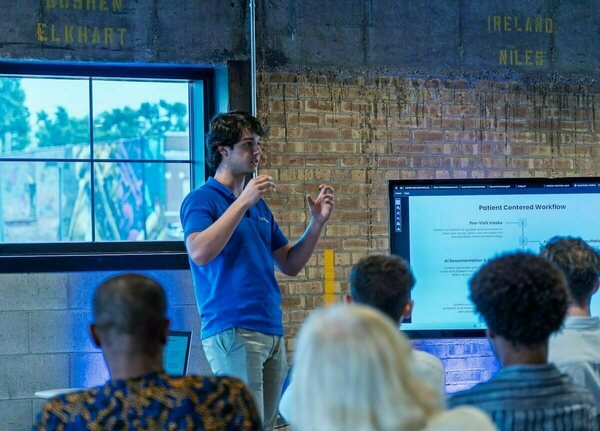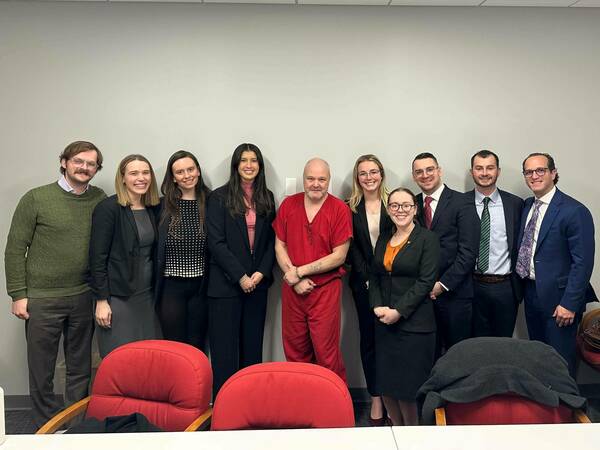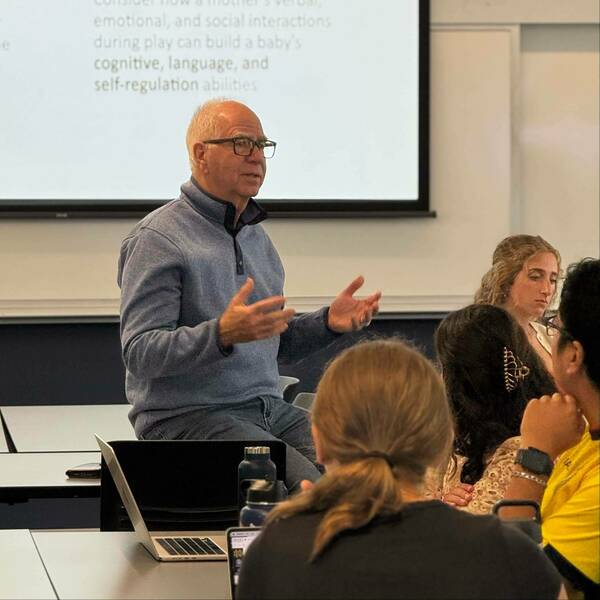White Group Publishes a New Method to Identify pH-dependent Cell Process Pathways

Small changes in intracellular pH (pHi) regulate normal cell behaviors such as cell movement, cell division, and differentiation to ensure that biological processes occur normally, but dysregulation of pHi has been implicated in diseases such as cancer and neurodegeneration. Therefore, determining the nature and mechanisms of pHi dysregulation is an important step in developing better treatment options for these diseases.
At a molecular scale, pH-dependent biological processes are mediated by proteins, called pH sensors, that respond to small changes in pHi. Traditionally, identifying pH sensors and pHi-sensitive pathways has taken a reverse approach, starting with a biological outcome and then working backward to identify essential pathways, followed by determining individual proteins with pHi-sensitive functions. Testing each pathway and protein one by one is an extremely labor- and time-intensive process. Thus, a comprehensive molecular understanding of how pHi changes cell behaviors has been elusive.
A new paper from the laboratory of Katharine White, Clare Boothe Luce Assistant Professor in the Department of Chemistry and Biochemistry, published in the Journal of Biological Chemistry (2024, vol. 300, article 107658) reports an experimental platform that addresses this challenge through a more efficient method to determine the molecular mechanisms driving pHi-dependent cellular processes. Using an -omics based approach on normal human breast epithelial cells, White was able to identify thousands of genes that were regulated by pHi in a vastly reduced time relative to previous methods.
After narrowing the focus to a smaller subset of genes (176) that exhibited increased or decreased expression due to changes in pHi, the White Lab discovered that the genes clustered in a small number of cellular pathways including signaling and metabolic pathways. They showed that changing pHi could alter cell signaling and metabolism and discovered that, importantly, increasing pHi in normal breast epithelial cells drove them to become more cancer-like. At high pHi, the normal cells increased activity of a signaling pathway called Notch, that leads to cell overgrowth and is associated with tumor formation. When pHi was raised in the normal breast cells, they showed a metabolic signature called Warburg metabolism that is found in patient cancers.
Speaking about the findings, White said: “One of the biggest challenges for researchers is how to specifically target diseased cells while leaving normal cells unaffected. Our work shows which pHi-dependent pathways may be good therapeutic targets for more selective and effective treatments.”
This research imparts important advances in the molecular understanding of how dynamic pHi regulates normal biological responses. It identifies appropriate pathways to investigate for therapeutic targeting of pHi in cancer and neurodegeneration, opening the door for more effective disease treatment.
Originally published by at chemistry.nd.edu on November 11, 2024.
Latest Research
- Notre Dame’s seventh edition of Race to Revenue culminates in Demo Day, a celebration of student and alumni entrepreneurship…
- Managing director brings interdisciplinary background to Bioengineering & Life Sciences InitiativeThis story is part of a series of features highlighting the managing directors of the University's strategic initiatives. The managing directors are key (senior) staff members who work directly with the…
- Monsoon mechanics: civil engineers look for answers in the Bay of BengalOff the southwestern coast of India, a pool of unusually warm water forms, reaching 100 feet below the surface. Soon after, the air above begins to churn, triggering the summer monsoon season with its life-giving yet sometimes catastrophic rains. To better understand the link between the formation of the warm pool and the monsoon’s onset, five members of the University of Notre Dame’s Environmental Fluid Mechanics Laboratory set sail into the Bay of Bengal aboard the Thomas G. Thompson, a 274-foot vessel for oceanographic research.
- Exoneration Justice Clinic Victory: Jason Hubbell’s 1999 Murder Conviction Is VacatedThis past Friday, September 12, Bartholomew County Circuit Court Judge Kelly S. Benjamin entered an order vacating Exoneration Justice Clinic (EJC) client Jason Hubbell’s 1999 convictions for murder and criminal confinement based on the State of Indiana’s withholding of material exculpatory evidence implicating another man in the murder.
- Notre Dame to host summit on AI, faith and human flourishing, introducing new DELTA frameworkThe Institute for Ethics and the Common Good and the Notre Dame Ethics Initiative will host the Notre Dame Summit on AI, Faith and Human Flourishing on the University’s campus from Monday, Sept. 22 through Thursday, Sept. 25. This event will draw together a dynamic, ecumenical group of educators, faith leaders, technologists, journalists, policymakers and young people who believe in the enduring relevance of Christian ethical thought in a world of powerful AI.
- Preparing Global Leaders: Notre Dame Students Put Early Childhood Development Science into PracticeThis fall, Notre Dame students are turning research into real-world solutions. In a unique course, Early Childhood Development and Poverty Alleviation: A Global Perspective, 27 students are learning how the science of early childhood development can break cycles of poverty — and then applying…













